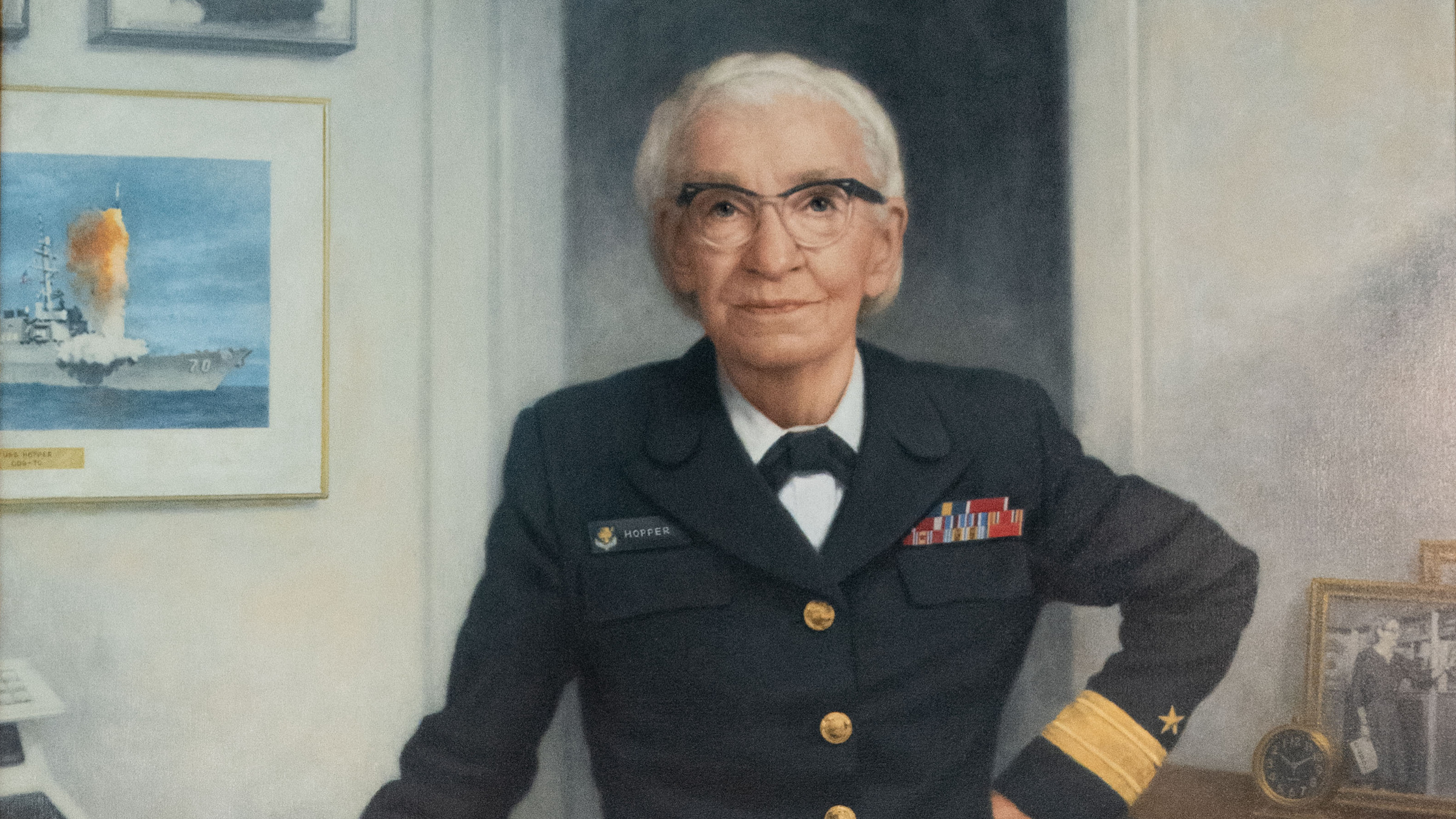
As this country debates how to get through these tough economic times, research funding for science and engineering may get lost in the clamor. Computer science has an easy story to tell, in terms of relating how our research results impact society. The Internet, RSA, and Google are just three examples.
The general public does not always see this connection. One of the reasons the National Science Foundation (NSF) has a Broader Impacts criterion is to help scientists explain it. "The criterion was established to get scientists out of their ivory towers and connect them to society," said Arden Bement, a former NSF Director.
What is the connection? Intellectual curiosity leads to discovery of knowledge which leads to technology innovation which boosts the economy which creates jobs. Societal grand challenges drive new science and engineering problems which drive exploration for new solutions which provide opportunities for technology innovation which …
The intellectual reasons to explain this connection are: to increase public understanding of science and engineering; to increase public appreciation of research, its purpose and impact; and to inspire the young to enter science and engineering. The pragmatic reasons are just as important. Taxpayer dollars fund our research in academia. Federal funding agencies are accountable to Congress and the public. Federal funding agencies continually need to explain what basic research is and the importance of science and engineering to society, the economy, and the well being and security of the nation.
"The public" includes not just those who elect, but also those who are elected and those who serve the elected: the Administration and its staff, Congress and its staff. When I was at NSF, I interacted closely with the Office of Science and Technology Policy and with the Office of Management and Budget. I testified before the House Committee on Science and Technology (specifically, the Subcommittee on Technology and Innovation and Subcommittee on Research and Science Education) and I responded to numerous Congressional staff inquiries. These encounters were often to justify budget decisions, but gave me the opportunity to more broadly underline the importance of research in computer and information science and engineering.
What can you do? 1) Write to your congressmen and women. If you are in academia, explain how federal funding has helped you and your students. Make it personal. If you are in industry, explain how your company benefits from results of long-term research and how the livelihood of your company relies on a technically-skilled workforce. 2) Send in your NSF nuggets. They help NSF help justify its budget request. They help NSF explain to the public its return on investment for society. 3) Get involved. Locally, regionally, and nationally. Talk about your work to local K-12 students and teachers. Offer your services to professional societies like AAAI, ACM, and IEEE. Offer your services to funding agencies as a reviewer or program manager. Promote science and engineering by connecting what you do to society.



Join the Discussion (0)
Become a Member or Sign In to Post a Comment